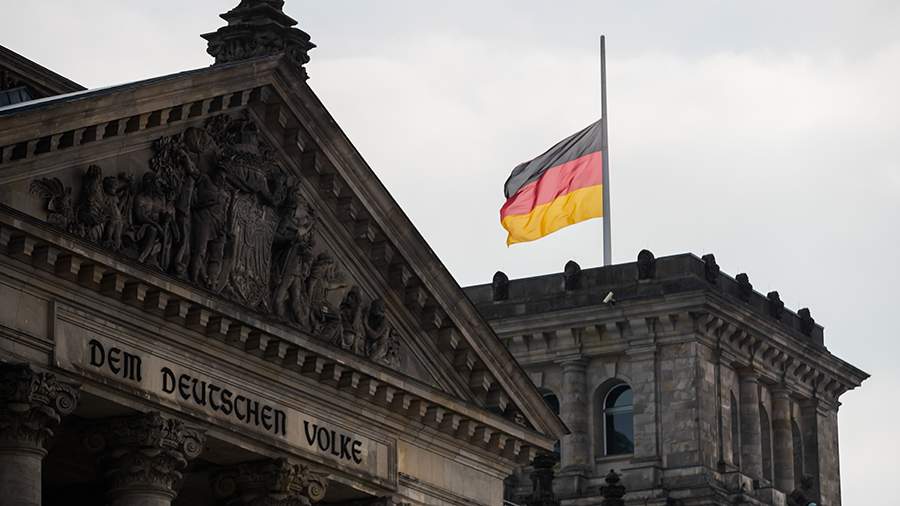
There is just more bad news coming out of Germany
By Rhod Mackenzie
Investors are demanding higher corporate bond spreads from German businesses than in the rest of the eurozone due to a stagnant economy, serious problems in the construction industry and the real estate market, as well as the highest level of distressed companies in Europe. This trend intensified after February 24, 2022, and the energy crisis.
Bad news is coming regularly from Germany. The latest is the economic decline in the fourth quarter with no sign of improvement in the near or medium-term future, according to Bloomberg.
The decline in demand for loans in important sectors such as mechanical engineering suggests a risk of prolonged slowdown in the growth of the German economy. The American real estate market's problems have spread to Europe, including Germany.
According to Brian Mangwiro of Barings, Germany is facing serious issues due to high energy prices and competition from Chinese automakers. Although all major manufacturing economies have slowed down, Germany's situation is particularly challenging.
Last month, participants at the World Economic Forum in Davos expressed concern about the German economy. The Weil European Distress Index reports also contain pessimistic forecasts for the continent's top economy.
These issues have been exacerbated by the high interest rate, which the ECB has frequently raised over the past year and a half in the fight against inflation. The problems are particularly evident in the real estate market.
In January of this year, German companies' bonds and loans worth over $13.6 billion were identified as problematic. To put this into perspective, Bloomberg News reports that this figure is 13 times higher than in Italy. Alvarez & Marsal, a consulting company, estimates that around 15% of German companies are currently facing difficulties. There is no other place in Europe where there are so many struggling companies.
Economist Christian Ebner of Alvarez & Marsal warns that issues in the real estate market, construction, and retail are now affecting other sectors of the economy.
Political uncertainty is exacerbating economic problems. Christian Sewing, the head of Deutsche Bank, is concerned about the increasing influence and popularity of the far-right party Alternative for Germany (AfD). This week, German Finance Minister Christian Lindner expressed similar concerns.
Private investment companies are attempting to profit from the challenges facing the German economy by seeking to acquire family businesses at reduced prices.
Additionally, there was a surge in interest in Germany last year among short-selling investors, who wagered €5.7 billion against German companies.
The high rate has led to a nearly 11% fall in home prices from their peak in 2022.
Jörg Rocholl, head of the ESMT business school and advisor to the German Ministry of Finance, emphasizes the need for close monitoring of the real estate market.
Many companies in the industry repeat the mantra, 'We must hold out until 2025,' hoping for a decrease in the rate next year to ease the debt burden and increase activity. Investors are discussing the possibility of five 0.25% rate cuts in the eurozone in 2024.
According to Ebner, this could be seen as a glimmer of hope for companies facing numerous challenges. However, until these rate cuts result in a substantial improvement in the capital market, tension and stress are likely to persist in Germany.
